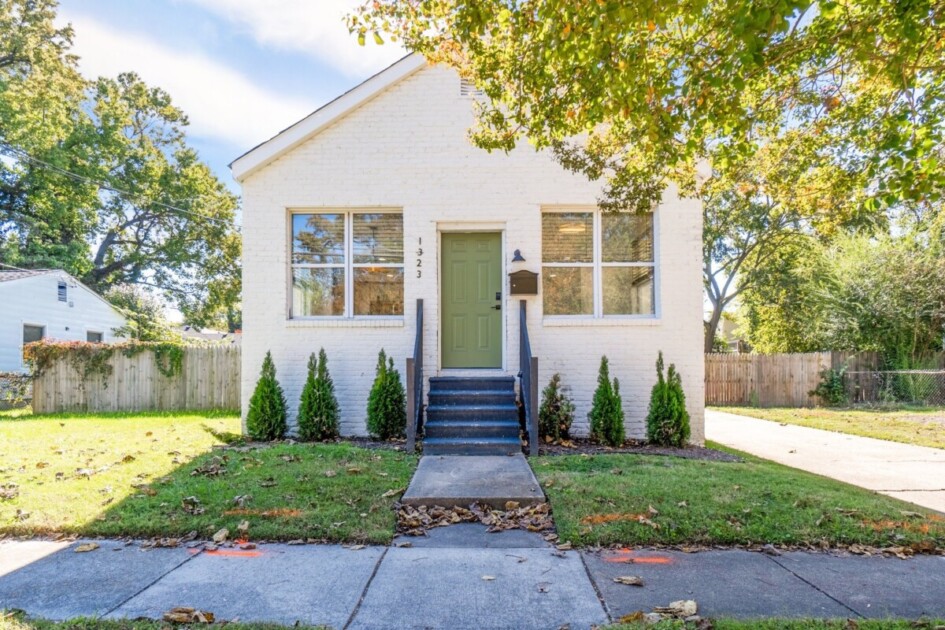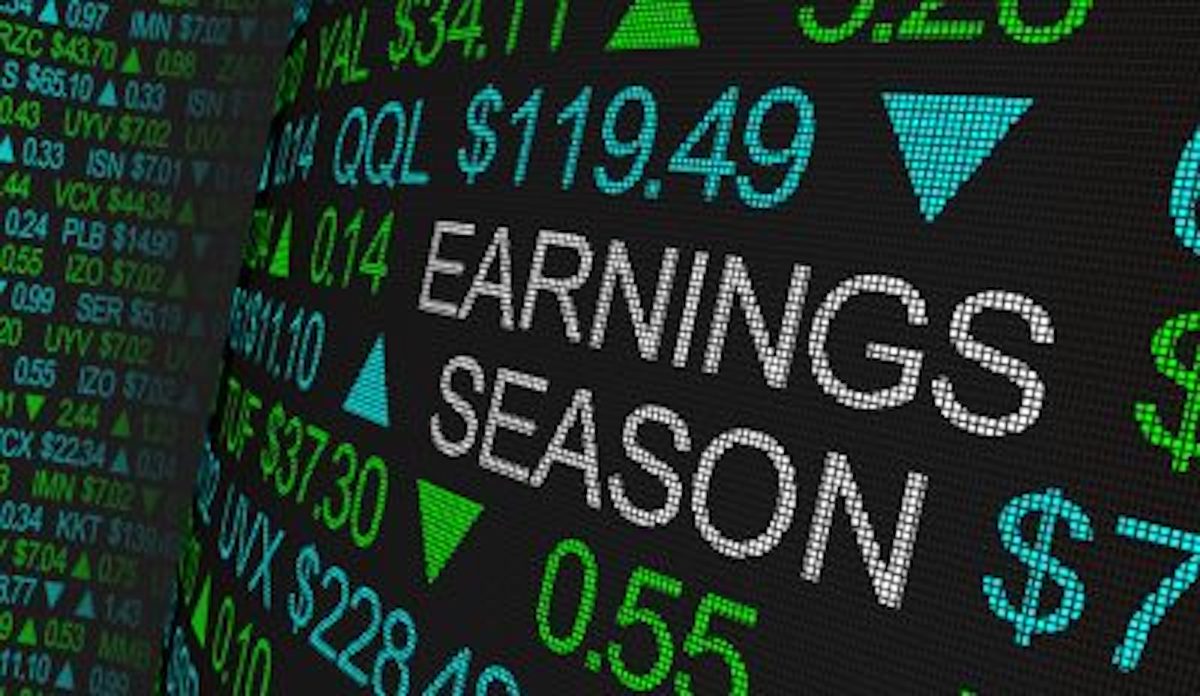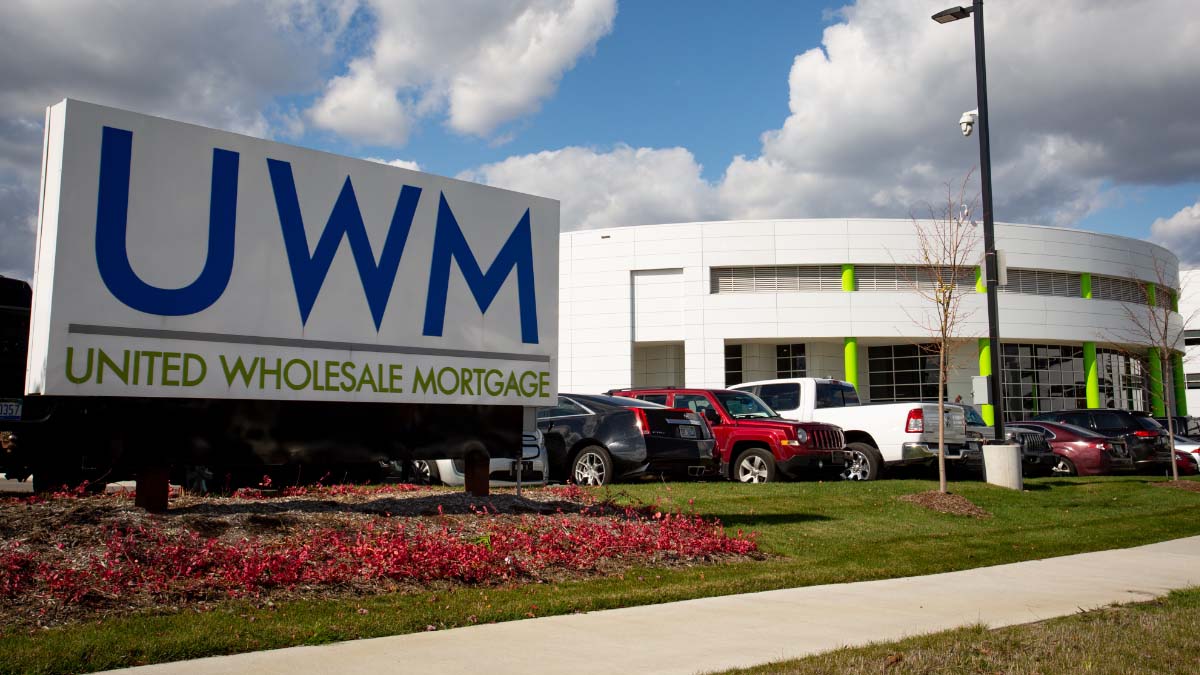Key takeaways:
- If you have the means, now may be a good time to buy a house.
- A shaky economy has made both buyers and sellers wary, but rising supply is giving buyers the upper hand.
- Mortgage rates fell this week but remain volatile thanks to inflation concerns, recession fears, and market volatility.
- Housing costs are ballooning: The median U.S. home sale price sits at a near-record high $431,000, marking 21 straight months of year-over-year gains.
Spring has arrived, kicking off the prime homebuying season. So, many homebuyers are wondering if it’s a good time to enter the housing market.
Housing remains largely unaffordable for most of the country, after all, and economic uncertainty is significantly slowing home sales. More sellers are holding off, and buyers are increasingly unwilling to spend big, causing the market to stall. It’s no surprise that many are questioning if now is the right time to take the leap.
In short, whether or not it’s a good time to buy a house boils down to if it’s a good time for you to buy a house. Let’s dive a bit deeper into market trends to help you answer, “Should I buy a house now or wait?”
From Redfin’s Chief Economist
“Now is a good time to buy, if you can afford it. Prices are climbing and mortgage rates remain elevated, but there is also significantly more inventory, giving buyers an upper hand in negotiation. A volatile economy is making everyone wary, though, leading to a sluggish market. Buyers serious about making offers should be confident in their finances and future income.” – Daryl Fairweather, Redfin Chief Economist.
What buyers need to know about the housing market
Here are some key market trends to keep an eye on and help you make an informed homebuying choice.
House prices: Sky-high and still climbing
The median U.S. sale price is $431,000 – up 2.5% from a year ago. House prices have posted year-over-year gains for 21 consecutive months and are 30% higher than they were in 2020. Monthly housing costs also recently rose to their highest level on record.
Although growth has slowed, we expect prices to continue rising this year, pushing more would-be buyers into renting.
For those planning to buy, acting sooner rather than later could help lock in a lower price before homes become even pricier.
>> Read: Redfin’s 2025 Housing Market Predictions
Mortgage rates: Elevated and volatile
As of April 28th, daily average 30-year fixed mortgage rates sit at 6.84% – slightly improved from last week. The bond market – which influences mortgage rates – has returned to a more stable state, helping rates fall. However, a turbulent economy puts everything into question.
“Tariffs, a possible recession, and market turmoil means buyers should expect rates to remain volatile for the foreseeable future,” cautioned Chen Zhao, Head of Economics Research at Redfin. “That being said, even a small drop in rates will be a welcome break for homebuyers during this time of economic uncertainty.”
Redfin predicts that mortgage rates will hover between 6-7% this year. If the Federal Reserve (Fed) succumbs to White House pressure and cuts interest rates at their next meeting in May, mortgage rates will likely jump higher.
How mortgage rates affect housing costs
Mortgage rates are important for buyers because they directly translate to monthly housing costs. The higher the rate, the more you pay every month. If rates drop, you can save tens of thousands over the lifetime of your mortgage.
Let’s see how your monthly payments change with different rates, using data from our Mortgage Calculator.
Buyers have the upper hand
Housing inventory is rising in many markets, like the South, giving buyers more negotiating power. However, supply is very low in parts of the Midwest, putting sellers in charge and pushing up prices.
In general, home sales are slow and hardly any homes are changing hands. Let’s dive a bit deeper into the data and look at two key market indicators.
Inventory is at a five-year high
There are more homes for sale in the U.S. today than there have been since the start of the pandemic. Florida and Texas have the most homes on the market today, by far.
Housing inventory is rising because more sellers are listing their homes, with some of the largest increases in disaster-prone areas like Florida. This has led to homes sitting on the market for longer. For example, in March, the typical home was on the market for 47 days – the longest period for any March since 2019.
Buyers looking to take advantage of this supply bump may be in a better position to negotiate for concessions
Demand is strong, depending on where you look
Even though the economy is in turmoil, some buyers are still eager to enter the market, driving up prices. Midwestern cities like Milwaukee and Detroit are seeing the most price growth thanks to strong demand for affordable real estate, which is putting sellers in charge.
Most areas of the country favor buyers, though, especially Austin and Tampa. Demand is generally sluggish in these regions and across the nation, due to economic uncertainty and high housing costs. For buyers who have the budget, this could be a good time to enter the market, as sellers may be more open to negotiation.
>> Read: How to Sell Your House in 2025: A Comprehensive Guide
Inflation could come back
Critical to the housing market, the Fed and economists are concerned about inflation coming back, which would impact mortgage rates. Plus, due to the tariff conundrum, they fear that “stagflation” – a combination of slow growth and rising inflation – could set in.
Inflation has major implications for buyers. Most importantly, it can lead to higher house prices and mortgage rates, and stretch budgets further. If inflation does tick back up, borrowing could get more expensive, making now a smart time to lock in a rate before that happens.
All-cash buyers hoping to avoid mortgages altogether should act now to avoid potential price increases.
>> Read: A Housing Market Under Donald Trump: What It Could Mean for Buyers, Sellers, and Renters
How to buy in an uncertain economy
With tariffs, economic whiplash, and volatile mortgage rates, many buyers are weary of getting into the market. Here are a few tips from our economists about navigating this shifting landscape.
- Stick to your budget: This isn’t the time to stretch financially. With recession odds hovering around 50% and economic uncertainty rising, make sure you have enough in savings to cover mortgage payments if your income changes.
- Negotiate, negotiate: The market favors buyers, so use your leverage. There’s more inventory, and sale prices are increasingly coming in below asking.
- Be smart about rates: Mortgage rates are unpredictable. Shop around, compare lenders, and ask about “float down” options if rates drop significantly after you lock in. You can always refinance later if needed.
- Sell before you buy: If you own a home, consider selling it first. It will give you a clearer budget and help you avoid the risk of carrying two mortgages.
>> Read: How to Buy, Sell or Rent a Home Amid Economic Uncertainty

Personal considerations: Are you ready to buy and own a house?
When deciding whether to buy a home in today’s climate, you’ll want to think beyond market conditions and focus on your individual circumstances. Here are some personal considerations to keep in mind.
Financial health
Take stock of your current savings, credit score, and debt levels. Can you afford a house? Or does renting make more sense?
Housing is a long-term commitment, so you’ll want a solid emergency fund – ideally covering 3 to 6 months of expenses – for maintenance and unexpected costs.
Monthly budget
Determine how a mortgage payment at today’s rates might impact your lifestyle. Make sure you can comfortably handle monthly payments, property taxes, insurance, and other homeownership expenses.
Job and location stability
Buying a house makes sense if you plan to stay put for several years. A stable job or reliable income is crucial to avoid financial strain, especially if home prices or interest rates rise further.
Choosing your location is also essential. Is your potential home prone to flooding, wildfires, or other climate risks? This is especially important today, as insurers continue dropping homeowners at alarming rates.
Personal goals and timelines
Think about life events, like starting a family, retiring, or relocating. These factors can make owning a home either more appealing or potentially riskier if you need to move soon.
Lifestyle preferences
Homeownership comes with ongoing responsibilities, like maintenance, repairs, and property taxes. Ask yourself if you have the time, resources, and a desire to handle them.
>> Read: Am I Ready to Buy a House? 8 Questions to Help You Decide
So, is now a good time to buy a house?
If you have the means and are ready to own a home, now is a good time to buy a house. Rates are lower than they were last year, but with an uncertain economy, they may not remain that way for long. Waiting for rates to drop leaves you at risk of increased competition among buyers and subsequent price hikes from sellers.
That said, today’s housing market has been topsy-turvy since the pandemic. Low inventory (though rising) and high prices have created a strange mix: Some homes are flying off the market, while others sit for weeks. And despite relatively high mortgage rates, prices have kept climbing. This doesn’t even take into account potential policy changes.
In a market this unpredictable, the best approach is to be prepared. Know your budget, get preapproved, and move quickly if the right home comes along.
Final thoughts
If you’re in the market for a house and have been scared off by high rates, now is the time to connect with an agent and start your home search. Rates will likely hover between 6%-7% through 2025, and buyers are getting restless, helping the market gain momentum. The longer you wait, the more competition you’ll see.
.png)
 German (DE)
German (DE)  English (US)
English (US)  Spanish (ES)
Spanish (ES)  French (FR)
French (FR)  Hindi (IN)
Hindi (IN)  Italian (IT)
Italian (IT)  Russian (RU)
Russian (RU)  5 hours ago
2
5 hours ago
2









Comments